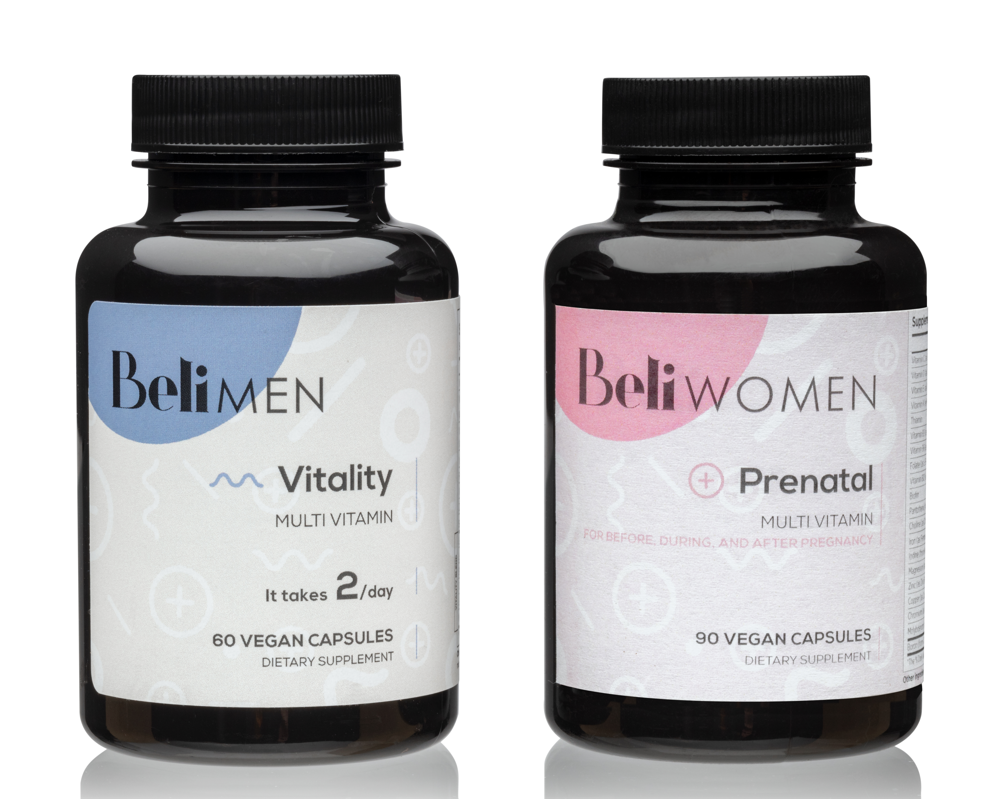Think your sperm is just… always ready?
Wrong.
Sperm isn’t like a tap you turn on. It’s built from scratch inside your body and that process takes 74 to 90 days. Which means the sperm you’ll be using three months from now? You’re building it right now with what you eat, how you sleep, how stressed you are, and what nutrients your body has access to.
This is the hidden side of male fertility. But it mattersa lot.
TL;DR: Here’s What You Can Do Right Now
✔️ Your fertility is shaped by what you do today - nutrients, stress, lifestyle.
✔️ Sperm takes 90 days to develop which means you need to plan ahead.
✔️ Beli for Men is clinically formulated to support sperm count, motility, and DNA health from day one.
👉 Start Beli today: Shop Beli for Men. The next 90 days could be the difference between waiting… and winning.
The Silent Crisis: Male Fertility Is Declining Fast
-
Global sperm counts have plummeted over 50% in the last 40 years.
-
1 in 6 couples struggle with infertility and men are part of the cause in over 50% of cases.
-
Most men don’t even know sperm quality can change let alone how to improve it.
This is a problem but also an opportunity. Because your body wants to make good sperm. You just have to give it what it needs.
What Does It Actually Mean to “Make Sperm”?
Here’s what most men don’t realize: sperm isn’t stored up forever. You make new sperm from scratch every day in a process called spermatogenesis. It takes around 74–90 days to complete.
Here’s what happens:
-
Cell division starts in your testicles from stem cells.
-
DNA forms—this is the genetic material you’re passing on.
-
Structure builds—head (DNA), midsection (power center), tail (mobility).
-
Maturation phase—your sperm learns to swim and is stored for use.
Every step is impacted by nutrients, oxidative stress, hormone balance, and lifestyle.
What Helps—or Hurts—Your Sperm
| Good | Bad |
|---|---|
| 🟢 Zinc, Folate, CoQ10, L-Carnitine | 🔴 Smoking, alcohol, poor diet |
| 🟢 Antioxidants that protect DNA | 🔴 Environmental toxins |
| 🟢 Sleep, hydration, movement | 🔴 Stress, heat, lack of key nutrients |
The science is clear: sperm quality is modifiable. You’re not stuck with what you’ve got.
Why 90 Days Is the Magic Window
Three months is your opportunity zone. Research shows that during this time, you can:
-
Support sperm production
-
Support motility and morphology
-
Decrease DNA fragmentation (linked to miscarriage and poor embryo development)
The bottom line? You can change your sperm. But it takes commitment starting today.
The 3-Step Plan
-
Start Beli for Men – It’s built for the full 90-day sperm development cycle.
-
Dial in your lifestyle – Eat, sleep, and move like it matters (because it does).
-
Stick with it for 3 months – The sperm you want takes time.
👉 Shop Beli for Men – Every day counts.




